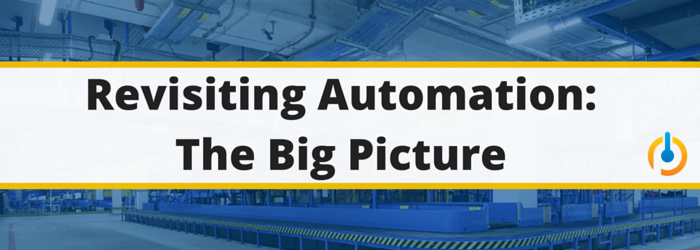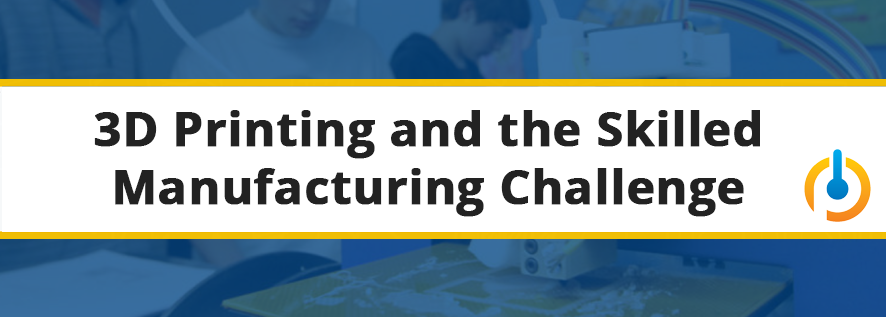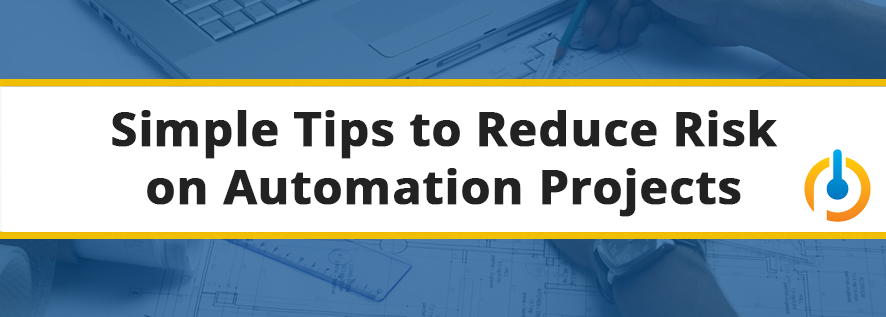Control engineers are capable of boosting productivity, profit, quality of products, and overall plant safety. A key aspect to the success of effective control engineering design is exploring sensible controls early in a project's design. Creative ideas are a pivotal point when designing a control system and are crucial to the operation of any manufacturing project.
When do you turn to an automation solutions company — when your current automation system fails?
Many companies regard automation systems with the bare minimum of concern, only closely examining a system when something breaks. Efficiency gets reduced to making equipment run for as long as possible with as little maintenance and attention — and therefore cost — as possible. So when an automation system breaks down, companies often replace the broken pieces with slightly newer parts that function the exact same way.
Every generation of engineers tries to challenge the traditional idea of engineering — it's the nature of engineering to constantly push for more efficient, innovative ways to solve problems. Yet basic fundamentals of entire industries rarely change.
Now, with a new generation of computer-savvy engineers, a tremendous shift has started to transform the manufacturing sphere of engineering.
Some projects seem straightforward and simple in the beginning; more often than not, problems arise that were never considered and end up costing a big chunk of precious time and money. Delays can be avoided by just taking a few steps to minimize risk and increase productivity. In this article we are going to take a look at how uncertainties can derail a project and how to reduce damage to your company’s timeline and budget.
In the first part of How to Adopt OEE More Effectively, we reviewed OEE calculation (Overall Equipment Effectiveness) and how it can be used to improve a plant's performance. This week we are going to talk about how to use it properly.







